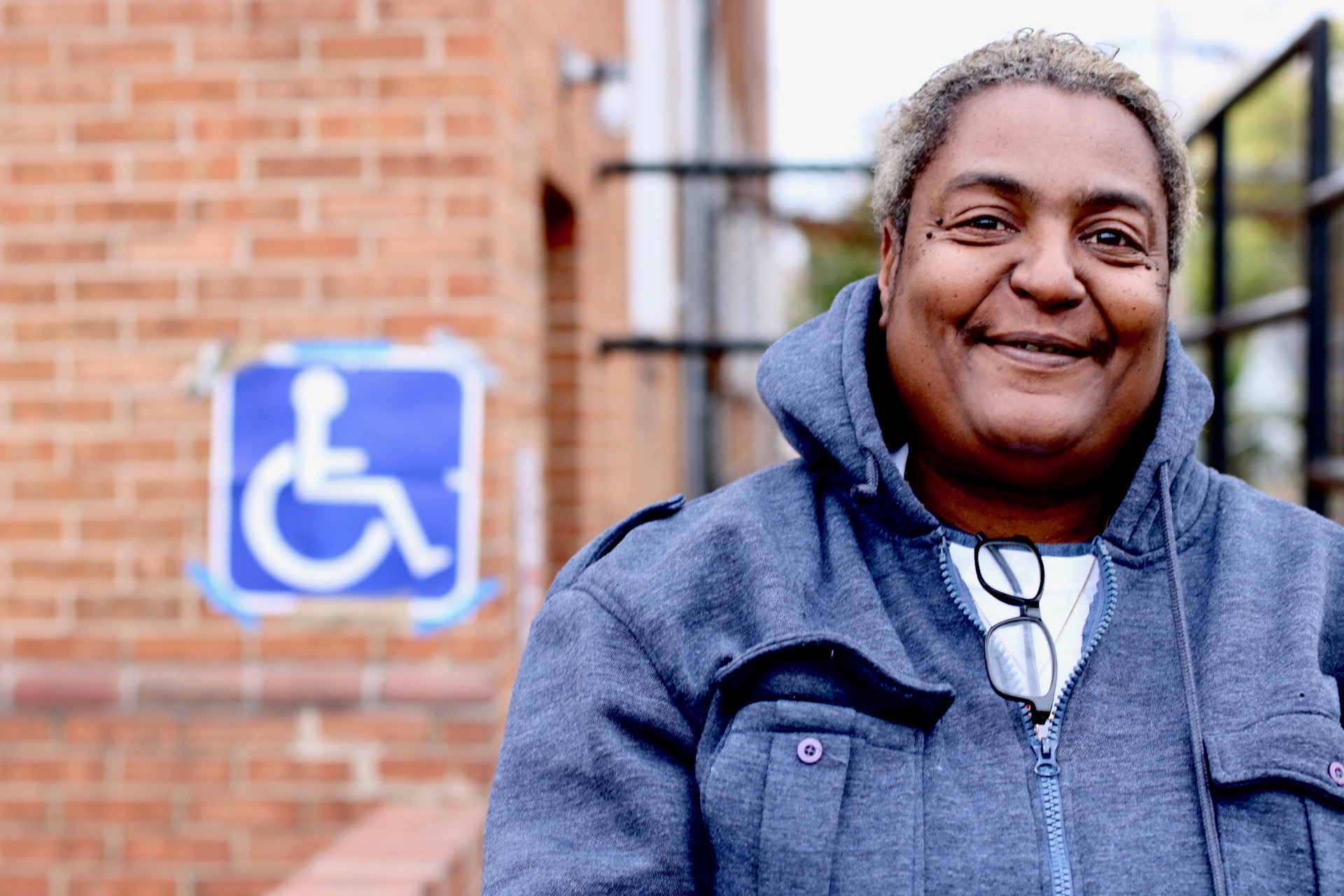Virginia voters stood up to Donald Trump and the Republican Party in November with the Democrats taking a clean sweep of the statewide elections. Alabama, on the other hand, was not looking to follow the same path yesterday. Doug Jones (D) was facing Roy Moore (R)...





